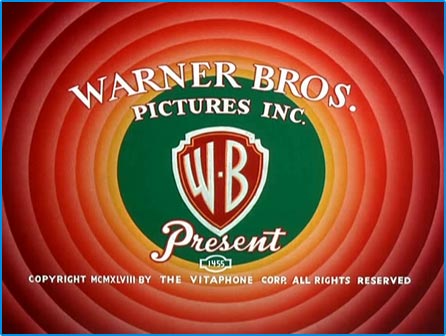By Daan Jansonius, Account Manager, SocialMedia8
Warner Bros’ recent influencer program faux pas has been widely publicised and critisised by many social media commentators. Recipient of the irrelevant and badly targeted outreach e-mail Adam Singer shared the incident with his readers on his Future Buzz blog, after which TechDirt and Repution Online among others chipped in their 2 cents too.

Warner Bros made matters worse with an ill thought out response, defending their efforts in a comment saying it was ‘fully WOMMA compliant’. Whilst this may be true, it’s no defense for a campaign to lack basic common sense. However, we prefer to help brands move ahead with positivity and helpfulness rather than scorn and damnation.
So let’s look at where Warner Bros went wrong and how they could avoid a similar PR nightmare next time.
1) The the outreach email
There are two issues here. Firstly, there is a lack of personalisation which is an immediate red flag for most bloggers. Warner Bros claims to have come across Singer’s blog recently which is why he was invited. This claim lacks authenticity when you fail to include the person’s name in the salutation.
Secondly, and more importantly, if they had actually read the blog they would have noticed that Singer’s posts mostly revolve around online marketing. Whilst there may have been posts about online marketing in relation to the entertainment industry, he is not known for sharing his love for the latest blockbusters.
It’s great that Warner Bros is looking to involve their biggest fans through a loyalty program – but you have to make sure you target the right people. These errors point in the direction of a shotgun approach where they fired as much hail at bloggers with a healthy level of influence without any thought about their relevance to the brand and materials.
2) Paying people for blog postings
Paid blog postings have been debated for a long time. Whilst I don’t necessarily disagree with paying for advertorials (if appropriately marked as such), there are two issues here.
Firstly, the fact they are offering bloggers remuniration in exchange for publicity means this is not a word of mouth marketing campaign or loyalty program. The fact they seem to have taken a broad strokes approach with approaching influential bloggers indicates they are more interested in getting attention, not building loyalty. And that’s fine, but it should not be ‘disguised’ as a word of mouth marketing activity.
Secondly, there is no mention of necessary disclosure of the commercial tie-up between the blogger and Warner Bros’ Word marketing team. In both the UK and the USA it is now illegal for bloggers to take payments for posting content without disclosing this financial relationship. To prevent these issues from happening Warner Bros should be completely transparant with their intention, without sending mixed messages. If you are looking to build a loyalty program you have to make sure you target the relevant audience and provide them with great content – paying for loyalty is not a long term strategy.
3) Responding to critisism
It’s great to see that Warner Bros is aware of the conversations surrounding their brand. This should be the first step for any brand to get active in social media. However, their response seemed to fuel the flames rather than turn the situation around. This can be tracked down to two main reasons; 1) many bloggers felt they were hiding behind the WOMMA compliancy rules when common sense should have prevailed and 2) they took a very combative approach, taking the blogger head on.
We have debated some of the issues with this campaign and I’m sure Warner Bros’ intent was genuine, but the blogger’s expressed some agrievances with being targeted for this campaign. And he was right to do so. Instead of digging their heels in WB could have appproached the blogger and discuss the issues he had with this campaign.
Furthermore, WOMMA guidelines are exactly that – guidelines. They provide brands with a walking stick, but this should not prevent brands from using a common sense approach to their social media campaigns and programs. They made a mistake and should have owned up to it, rather than point the finger of blame at someone else.
That’s all folks!


